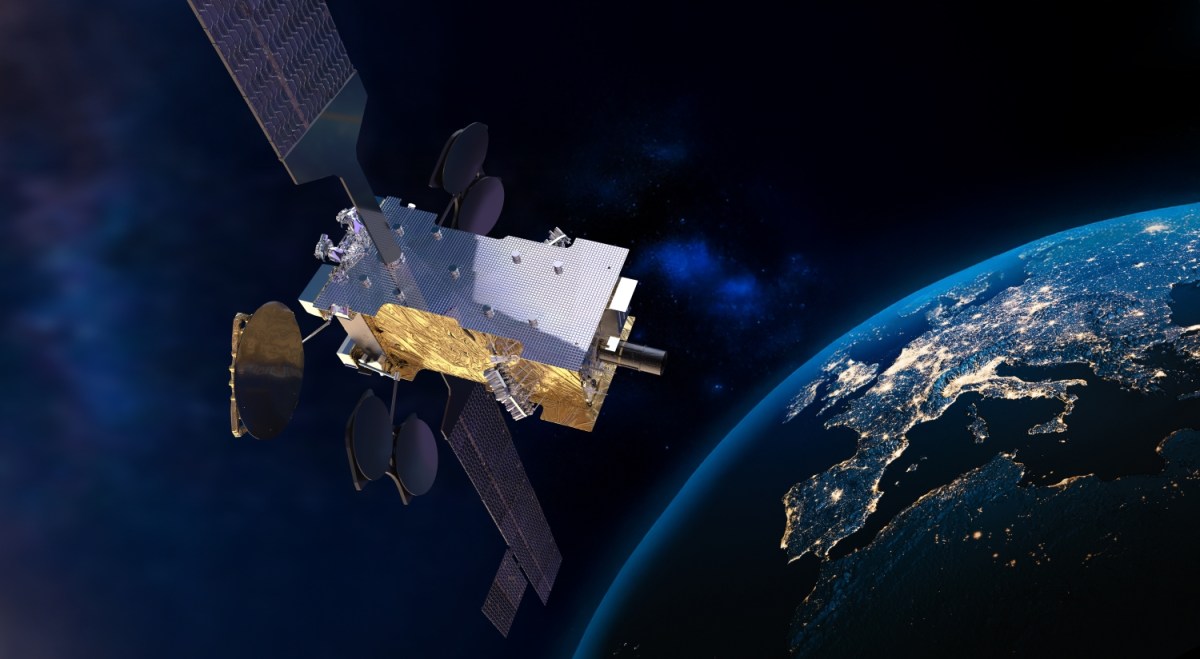TAMPA, Fla. — European satellite maker Thales Alenia Space and Spanish operator Hispasat have secured government funding to develop a geostationary payload that uses quantum technology to distribute encryption keys.The companies said Jan. 21 that the two-year project, initiated by Spain and backed by 104 million euros ($108 million) of European COVID-19 recovery funds, paves the way for the first quantum key distribution (QKD) platform operating from geostationary orbit (GEO).The QKD-GEO mission builds on efforts in low Earth orbit (LEO) to make communications more secure by using the behavior of subatomic particles, including the SES-led Eagle-1 project, initially set to launch last year but now targeting late 2025 or early 2026.QKD leverages the quantum properties of photons to create encryption keys that cannot be intercepted without altering their state. Any eavesdropping attempt disturbs the photons’ quantum state, rendering the keys unusable.Although terrestrial fiber-optic networks can distribute quantum keys, their range and speed are limited. Current fiber-optic technology cannot support quantum communications over distances beyond a few hundred kilometers due to signal loss, Thales Alenia Space and Hispasat noted in a joint news release.Satellites can overcome these limitations because signals experience far less attenuation in free space. A single geostationary satellite at 36,786 kilometers can also enable continuous communication between continents without requiring complex signal-tracking systems, the companies added. In contrast, QKD systems in LEO would require multiple satellites and frequent handovers to maintain coverage.Hispasat CEO Miguel Panduro said the “establishment of encryption keys through a quantum protocol is going to represent a paradigm shift in the secure communications of the future, where space and satellites will be configured as the ideal infrastructure for their transmission over long distances.”Hispasat led a group in 2022, which included Thales Alenia Space, to study the feasibility of this mission.The QKD-GEO contract also includes the development of the payload’s associated ground segment.A Thales Alenia Space spokesperson said the current plan is to host the QKD payload on a Hispasat satellite.
By Tyler Mitchell
Tyler is a renowned journalist with years of experience covering a wide range of topics including politics, entertainment, and technology. His insightful analysis and compelling storytelling have made him a trusted source for breaking news and expert commentary.
